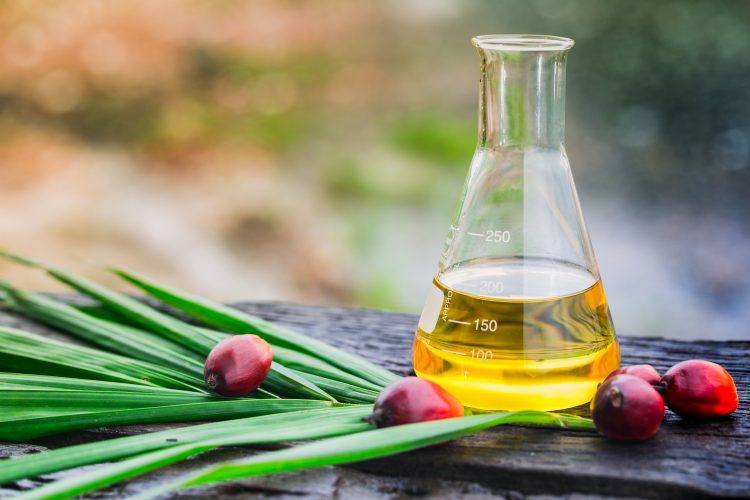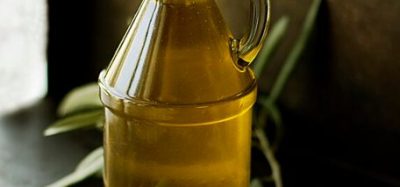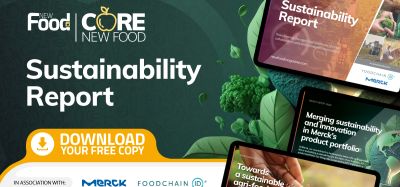A sustainable substitute for palm oil has been created by scientists
- Like
- Digg
- Del
- Tumblr
- VKontakte
- Buffer
- Love This
- Odnoklassniki
- Meneame
- Blogger
- Amazon
- Yahoo Mail
- Gmail
- AOL
- Newsvine
- HackerNews
- Evernote
- MySpace
- Mail.ru
- Viadeo
- Line
- Comments
- Yummly
- SMS
- Viber
- Telegram
- Subscribe
- Skype
- Facebook Messenger
- Kakao
- LiveJournal
- Yammer
- Edgar
- Fintel
- Mix
- Instapaper
- Copy Link
Scientists have produced oils from microalgae that could be a sustainable replacement for palm oil in food production.


A team of scientists led by Nanyang Technological University (NTU), Singapore has developed a method to effectively produce and extract plant-based oils from a type of common microalgae.
As the oils produced from the microalgae are edible and have superior properties to those found in palm oil, the newly discovered method would serve as a healthier and greener alternative to palm oil, according to the research study published in Journal of Applied Phycology.
Compared to palm oil, the oil derived from the microalgae contains more polyunsaturated fatty acids, which can help reduce ‘bad’ cholesterol levels in blood and lower a person’s risk of heart disease and stroke, the study states. The microalgae-produced oil developed by the scientists in Singapore, in collaboration with scientists from the University of Malaya in Malaysia, is also said to contain fewer saturated fatty acids.
Palm oil is the most widely consumed vegetable oil on the planet, found in many packaged products sold in the supermarket. While palm oil is the most efficient source of vegetable oil, its rapid expansion threatens some of the planet’s most important and sensitive habitats. The algae oil innovation could present a possible alternative that can stop the damage.
“Developing these plant-based oils from algae is yet another triumph for NTU Singapore, as we look to find successful ways to tackle problems in the agrifoodtech chain, especially those that have an adverse impact on the environment,” said Professor William Chen, Director of NTU’s Food Science and Technology (FST) Programme, and leader of the project. “Uncovering this as a potential human food source is an opportunity to lessen the impact the food supply chain has on our planet.”
Besides serving as a greener alternative to cultivating palm trees for plant-based oils or fat, the NTU-developed technique also has the potential to help cut down on greenhouse gas emissions as well as food waste.
The scientists say that when scaled up, the production of the plant-based oils with natural sunlight, instead of using ultraviolet lights, would help remove carbon dioxide from the atmosphere by converting it to biomass and oxygen via photosynthesis. As the microalgae grows, it changes carbon dioxide to biomass at relatively fast rates.
In a separate study, the scientists at NTU’s Food Science and Technology programme have also developed a process to produce the key reaction ingredient needed to cultivate the microalgae oil, pyruvic acid. This is done by fermenting organic waste products, such as soybean residues and fruit peels, which would not only reduce production costs, but help cut down on food waste.
“We rely on one of nature’s key processes, fermentation, to convert organic matter into nutrient-rich solutions, which could be used to cultivate algae, which not only reduces our reliance on palm oil, but keeps carbon out of the atmosphere,” added Professor Chen.
The scientists will be working on optimising their extraction methods to improve yield and quality. The research team has received interest from several food and beverage partners and may look at the possibility of scaling up their operations and continuing their research into this development.
Related topics
Environment, Fats & oils, Food Waste, Ingredients, New product development (NPD), Research & development, Sustainability










I wonder if these have been evaluated for the presence of MCPD and glycidyl fatty acid esters?